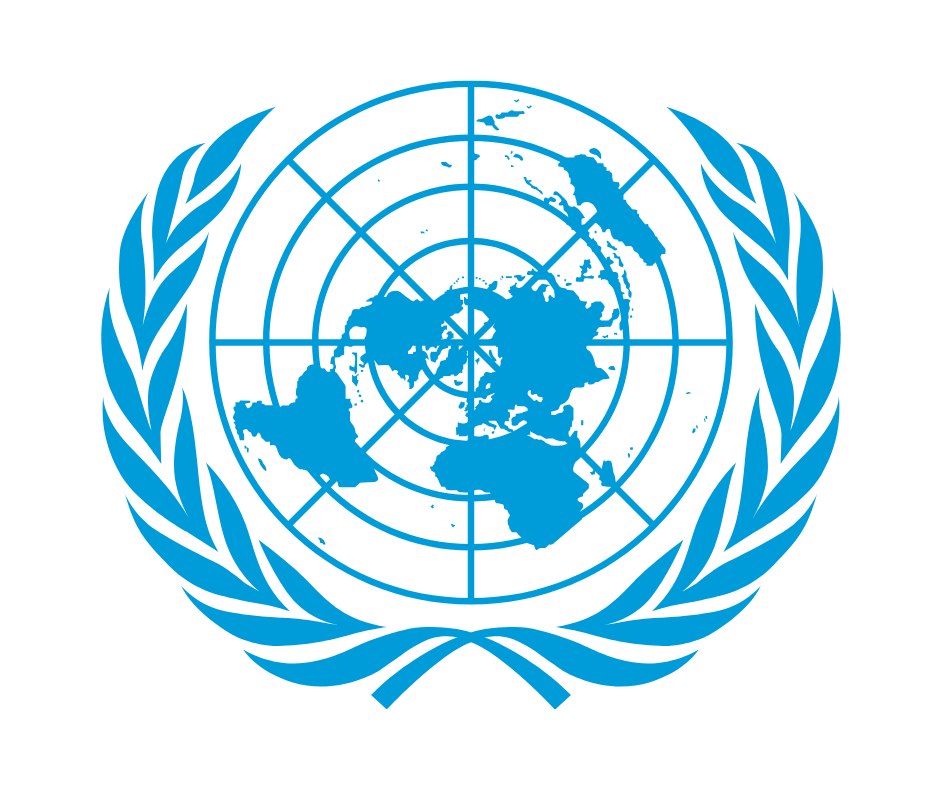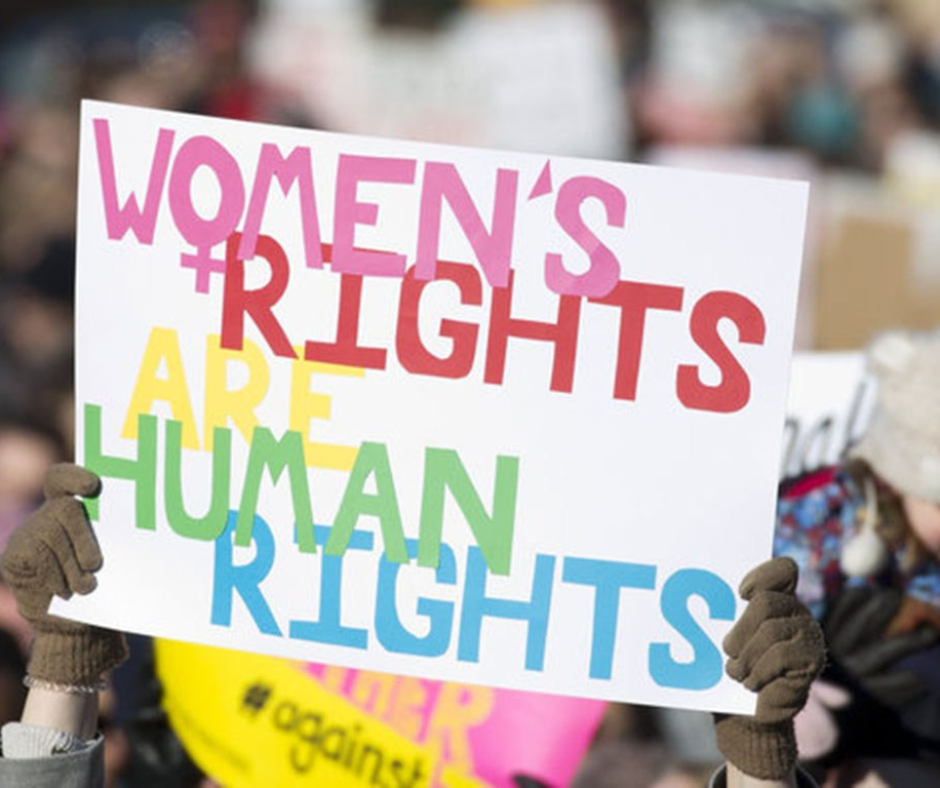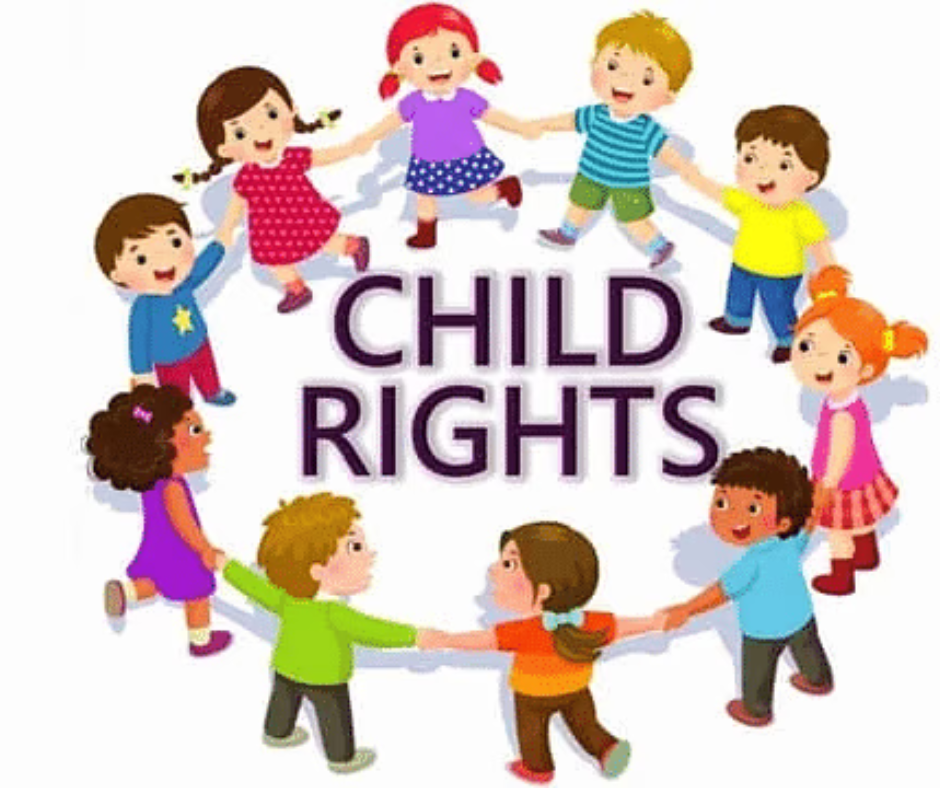At Human Trust International, we believe that universal human rights in Islam are deeply aligned with the United Nations Universal Declaration of Human Rights (UNO). The Quran and Hadith emphasize equality, dignity, and justice, while the UN declaration provides a global framework to ensure these principles are respected worldwide. By bringing together Islamic values and international law, we strive to build a world founded on peace and compassion.
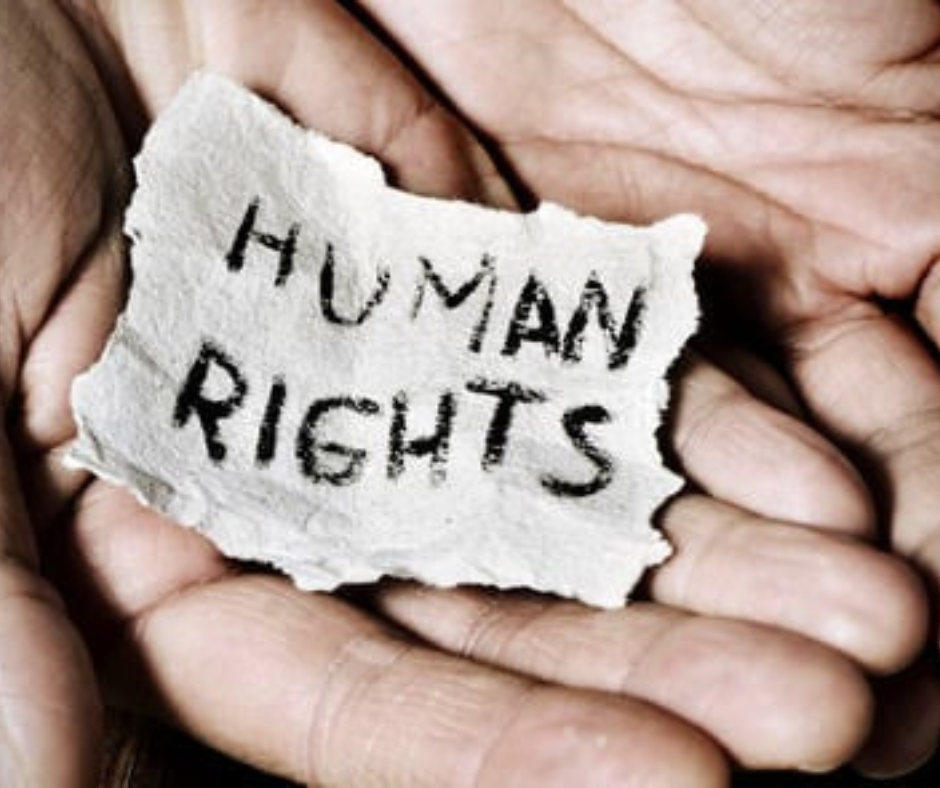
Quran and Universal Human Rights – A Shared Message
| Quran & Sunnah (Islamic Teachings) |
|---|
“Indeed, Allah commands justice and good conduct…” (Quran 16:90)
“And We have certainly honored the children of Adam…” (Quran 17:70)
“Do not kill the soul which Allah has forbidden, except by right.” (Quran 17:33)
“And establish weight in justice and do not make deficient the balance.” (Quran 55:9)
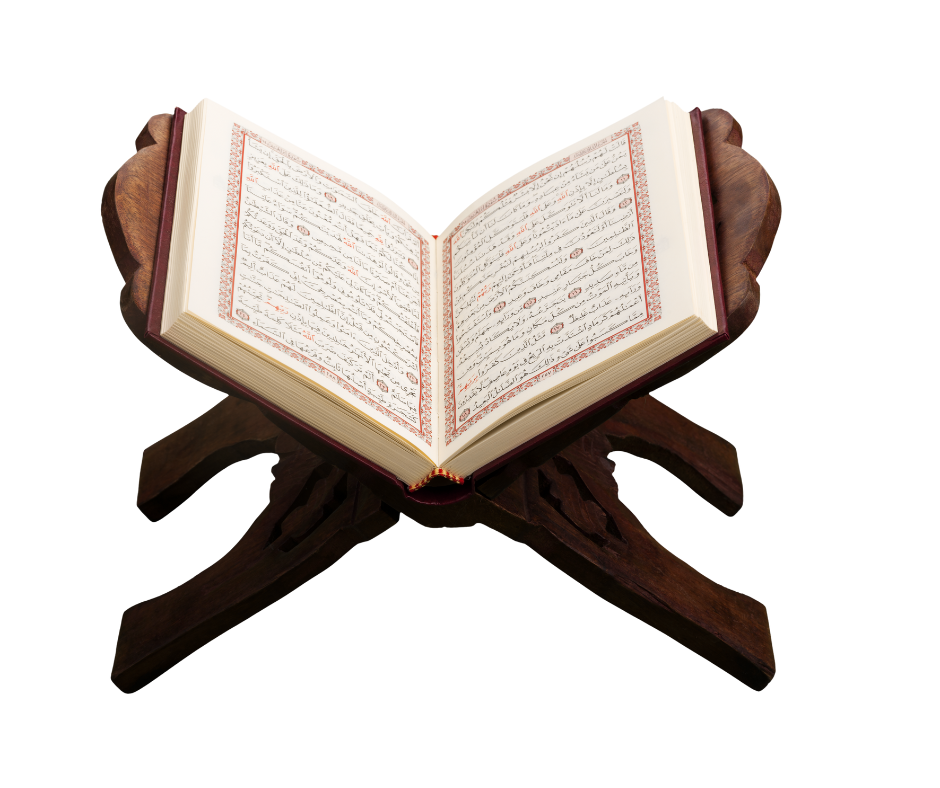
| Universal Declaration of Human Rights (UNO) |
|---|
Article 1: All human beings are born free and equal in dignity and rights.
Article 2: Everyone is entitled to rights and freedoms without distinction of race, religion, or gender.
Article 3: Everyone has the right to life, liberty, and security of person.
Article 7: All are equal before the law and entitled to equal protection.
Why Islam and UNO Stand Together for Human Rights
Islamic law and international conventions share the same goal: protecting human dignity. Both frameworks recognize that society can only thrive when people are free, safe, and treated with fairness. By presenting Quranic verses on human rights alongside UNO articles, we highlight a bridge of understanding between faith and global law.

